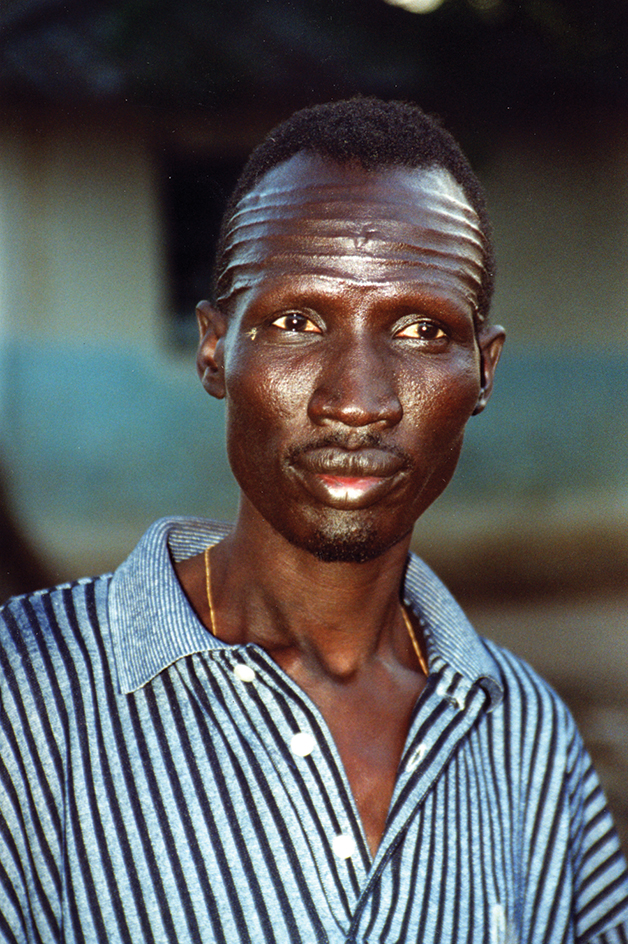Nuer << NOO uhr >> are a cattle-keeping people of northeast Africa. About 2,000,000 Nuer live in the grasslands and swamps along the Nile River in South Sudan and western Ethiopia. They speak a language called Nuer, which belongs to the Nilo-Saharan family of African languages that also includes Dinka and Maasai.
Cattle play a central role in the social and religious life of the Nuer. A Nuer bridegroom gives a large gift of cattle to his bride’s family. The Nuer sacrifice cattle to their supreme god and to lesser spirits. Milk and milk products make up much of their diet, but the Nuer do not kill their cattle for meat.
The Nuer move to higher ground during the rainy season, from May to December, when the Nile River floods. There they raise peanuts, a grain called millet, and other vegetable crops. The Nuer build houses of sun-dried mud and make thatched roofs for them.

The Nuer are divided into clans whose members have a common ancestor. Until the 1900’s, the Nuer were not organized under the control of leaders. A religious expert called the kuuarmuon or leopard-skin chief helped settle disputes and presided over religious ceremonies. The United Kingdom and Egypt made Sudan a protectorate in 1899 and brought many changes to the Nuer, including the creation of tribal chiefs and administrators.
Arabic-speaking Muslims from northern Sudan controlled Sudan’s government after the nation gained independence in 1956. In the 1980’s, the Nuer joined other black African groups, including the Dinka, to form an opposition group called the Sudan People’s Liberation Army (SPLA). Southern Sudan suffered brutal fighting and numerous famines as the SPLA battled for independence from the Muslim north. In 2005, Sudan’s National Assembly approved a new constitution and established a regional government in the south, ending the civil war. See Sudan (History) . The Republic of South Sudan became independent in 2011.
